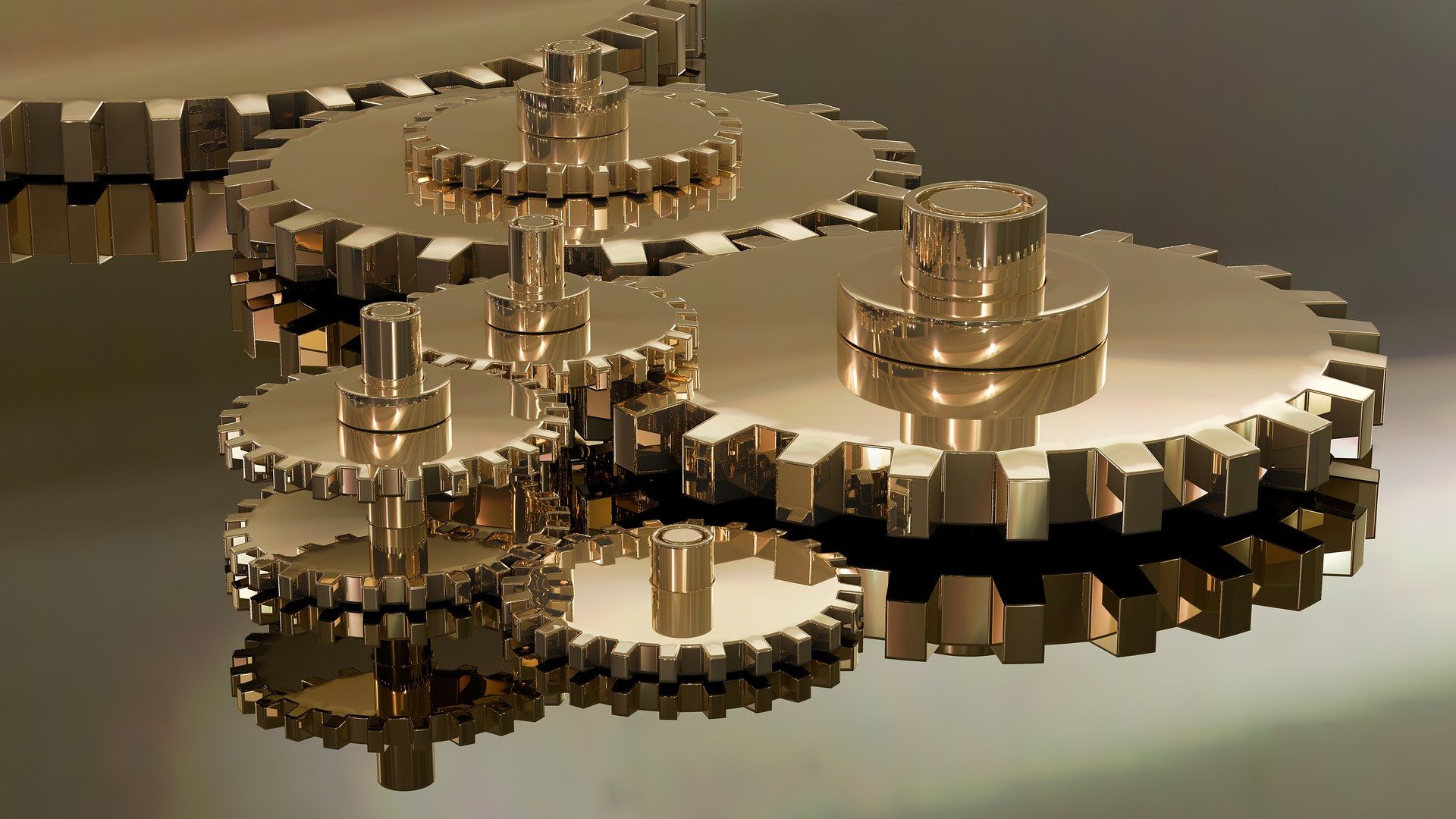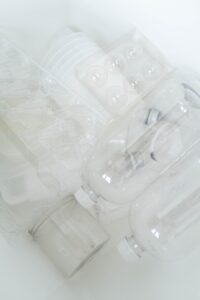Industrial assets are the lifeblood of a business in this domain. The initial investment is often massive, but it is the only way to get the operations off the floor. However, you cannot take a set-and-forget approach to your expensive machines and equipment. They require constant maintenance to stay in good working order and last for the years to come. While machinery, tools, and equipment have a specific lifespan, you can do your bit to extend their longevity and prevent inefficiency and breakdowns. Here are a few longevity tips to make your industrial assets last.
Stay Regular with Maintenance and Repair
Maintenance and repair are crucial to preserving your expensive industrial assets. Ideally, you must have a preventive and predictive maintenance schedule and stick with it to avoid damage or breakdown in the first place. Moreover, ensure that employees report discrepancies at the earliest so that you can invest in timely repairs and prevent expensive ones. It is also vital to maintain records to stay a step ahead of problems and prolong the lifespan of your assets.
Maintain a Clean Environment
Surprisingly, something as simple as maintaining a clean environment can keep your machine performing optimally. Heavy machinery has seals and filters to prevent contamination of working parts. Inspect these seals and filters frequently and replace them when they get clogged. Letting the machines run with clogged parts can cause extensive damage over time. Also, ensure clean and dry storage areas as wind and weather can cause machinery parts to rust and rot.
Ensure Proper Coating and Lubricants
Coatings and lubricants play a key role in reducing friction around moving parts. Ensuring that your industrial assets have to wear resistant coatings gives you the best start with asset longevity. A regular lubrication maintenance schedule does the rest. Also, test leaks around oil seals and look for signs of excess oil build-up on pistons. Another vital aspect of machine longevity is choosing the right coatings and lubricants according to the manufacturer’s recommendations.
Monitor Signs of Wear
Industrial machines bear the brunt of age, friction, vibration, shock, and high temperatures over the years. These factors contribute to the wear of parts in heavy machinery. Some reasons for industrial wear are unavoidable, while others can be addressed with better lubrication and alignment. You may miss out on signs of wear until the equipment breaks down. Having a proper tracking system can help you prevent the problems leading to wear and extend the life of your assets.
Invest in Operator Training
Large industrial assets often have multiple operators handling different parts and processes. Operating complex machinery requires technical expertise, so you cannot assign the task to a random worker. Investing in operator training ensures better handling, higher productivity, and fewer mistakes. Operators feel more confident, and there are fewer chances of mishaps. Most importantly, your assets last long when handled by experts.
Extending the useful life of heavy industrial assets is easier than you imagine, provided you take the right approach to maintenance. Follow these tips to ensure maximum longevity and best performance.










